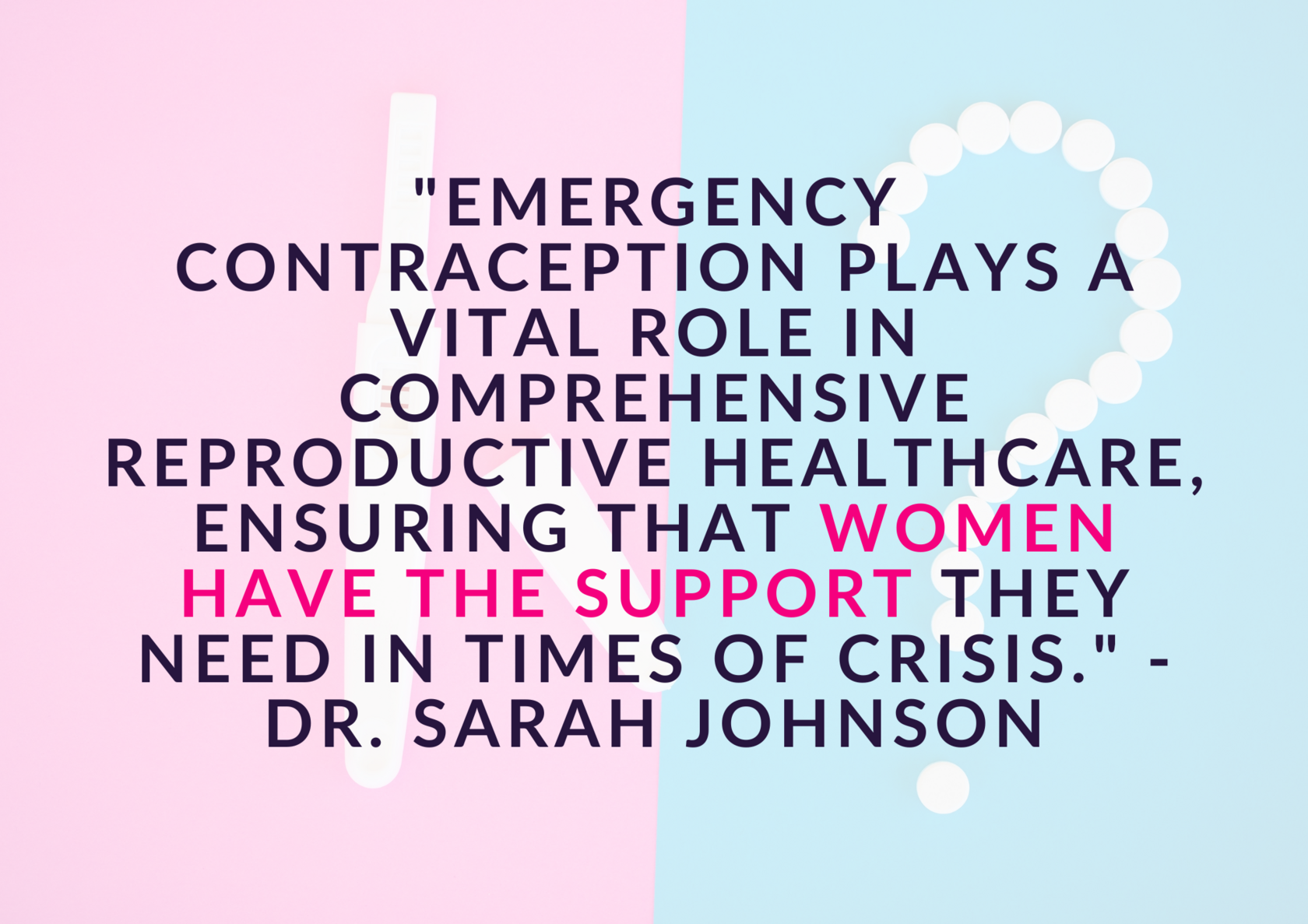Violence in any form leaves scars, and its consequences can be devastating, especially when it leads to unwanted pregnancy. However, there are measures that can be taken to prevent this unforeseen and traumatic outcome. The role of emergency contraception in this context becomes crucial.
What is Emergency Contraception?
Emergency contraception, also known as "post-coital contraception" or "after-sex contraception," is a method of preventing pregnancy after unprotected sexual intercourse or in cases of sexual violence. It is an important tool for protecting women and girls who find themselves in vulnerable situations.
The Role of Emergency Contraception in Cases of Violence
After experiencing sexual violence, victims often feel physical, emotional, and psychological pain. Concerns about possible pregnancy only exacerbate this trauma. Emergency contraception provides women and girls with the opportunity to take action to prevent unwanted pregnancy, thereby reducing their suffering and stress.

Effectiveness and Accessibility
One of the advantages of emergency contraception is its high effectiveness, especially if used within the first 72 hours after sexual violence. Most emergency contraception products are available without a prescription and can be obtained at pharmacies or through medical organizations.
Dissemination of Information and Education
However, despite the significant benefits of emergency contraception, many women are unaware of its existence or do not have access to it. Therefore, it is important to conduct informational campaigns and educate women about the possibility of using emergency contraception in cases of violence.
Emergency contraception plays a crucial role in protecting women from unwanted pregnancy after sexual violence. Education and access to these methods of pregnancy prevention are essential components of supporting women in difficult situations. Only by providing women with information and resources can we help them overcome trauma and return to a healthy and safe life.
